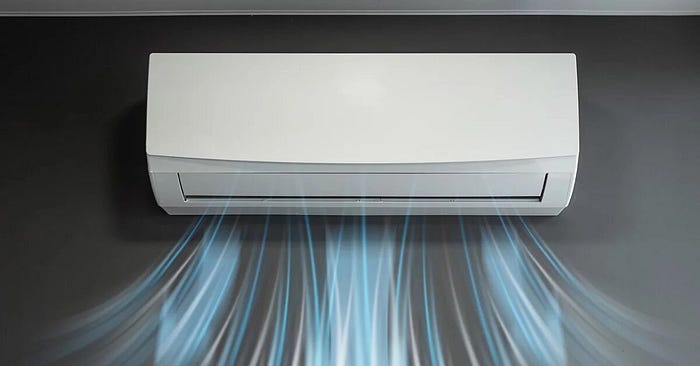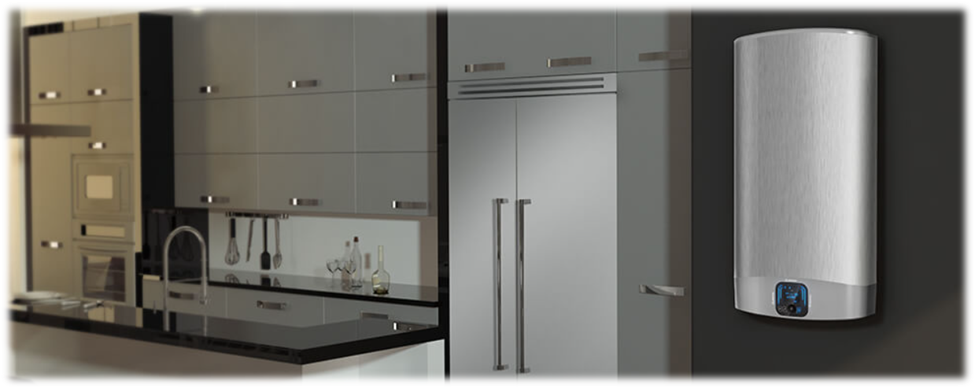Inverter vs Non-Inverter AC — Ittefaqsay Electronics

Air conditioning have been a crucial part of our lives due to keeping cool in the summer heat. They provide comfortable, cool rooms that let us get away from the heat of the outside. But, due to advancements in technology we now have two distinct kinds of air conditioning that are available that include inverter ACs as well as non-inverter ACs. Each comes with distinct advantages and drawbacks, leaving consumers contemplating which cooling system is best suited to their requirements. In order to help you make an informed choice, Ittefaq Say provide best air conditioner prices in Lahore We will look at the differences between inverter as well as the non-inverter models of air conditioners. piece.
1. Understanding the Technology
Before we get in the details, we must begin by understanding the basics of ACs with inverters and non-inverters. Most non-inverter cooling units operate using a simple on/off principle. The compressor is shut off when the proper temperature is reached and once the temperature increases the compressor is reactivated with full power. Inverter air conditioners however employ variable-speed technology. The compressor controls its speed in order to ensure more stable and efficient operations, while taking into consideration demands for cooling.
2. Energy Efficiency
One of the main advantages that inverter ACs offer are their higher energy efficiency when compared those ACs that are not inverter. The traditional non-inverter ACs consume large amounts in energy at the time they first come on, as they are working to cool the room immediately. If the temperature rises time, the compressor reactivates with additional energy to complete the process. This cycle of on and off can lead to a higher energy consumption.
The compressor inside an inverter conditioner is initially running at a low speed, and then gradually increases until it reaches an appropriate temperature. When the temperature is attained then the compressor decreases its speed, but it continues to supply the needed amount of cooling. Inverter ACs with variable speed operation reduces energy consumption, resulting in significant savings in energy and lower electric bills.
3. Cooling Performance
Although both inverter and non-inverter ACs are able to decrease the temperature in a room however, there are differences in how they accomplish this. Non-inverter air conditioners cool room briefly, but they can cause fluctuations in temperature. Certain people may find this uncomfortable.
Inverter ACs on the other hand, provide an improved cooling due to variable-speed technology. This allows the compressor to change its speed while maintaining an even temperature. This does not just improve the comfort, but also ensures that the cool air is distributed more equally throughout the area.
4. Noise Levels
In terms of the level of noise, non-inverter air conditioners are quieter.have an advantage due to the fact that they operate at their highest effectiveness during the cooling cycle. They also produce more noise when they start up. However, the noise levels significantly decrease after the compressor has been turned shut off and the required temperature has been reached.
In contrast the inverter units are operating at slower speeds, which make them less noisy, however the compressor is still operating with a lower speed and produces a low buzzing sound.
5. Cost Aspects
The inverter ACs are more costly than non-inverter ACs because of their superior technology and components. However, it is essential to take the long-term savings into consideration when comparing prices.
As we’ve mentioned before, inverter air conditioners make use of less energy due to their variable speed operation. This decreases the power cost. Additionally, certain regions may offer incentives or rebates to appliances that use less energy and appliances, which makes them a prudent option. It is advisable to check about local government agencies and service providers regarding discount or incentive.
6. Durability and life span
Inverter ACs offer an advantage over non-inverter ACs due to their variable speed operation, which minimizes strain on compressors. This results in a greater lifespan and a greater endurance. Inverter ACs without an inverter can place more pressure on the compressor as well as other components, reducing their lifespan, and increasing the chance of repairs or maintenance work will be required.
7. Repairs and Maintenance
Both non-inverter and inverter air conditioners require routine maintenance to ensure they function optimally. Inverter air conditioning units could have more complicated components and technology that can raise the cost of repairs. Before making a purchase choice, it is essential to think about the accessibility of repair facilities as well as spare parts.
8. Environmental Impact
inverter ACs Inverter ACs that areare greener due to their energy-efficient operation that reduces carbon dioxide emissions and contributes towards a more sustainable future. Non-inverter ACs consume more energy and have frequently switch between on and off cycles but do not have the environmentally friendly performance provided by inverter ACs.
Conclusion
Your needs and priorities will ultimately decide whether you opt for an inverter conditioner, or non-inverter conditioner. Inverter AC is the ideal choice if energy effectiveness, savings over the long term and stable cooling are your top priority. While the initial cost might be more expensive, the savings in energy and improved comfort make an investment worth it.
But, an inverter-less AC will still provide adequate air conditioning with an affordable price if initial cost is a major issue and you’re not worried about short temperature fluctuations.

Comments
Post a Comment